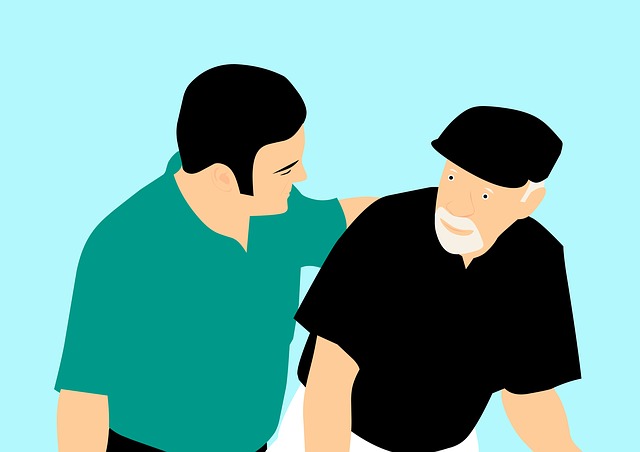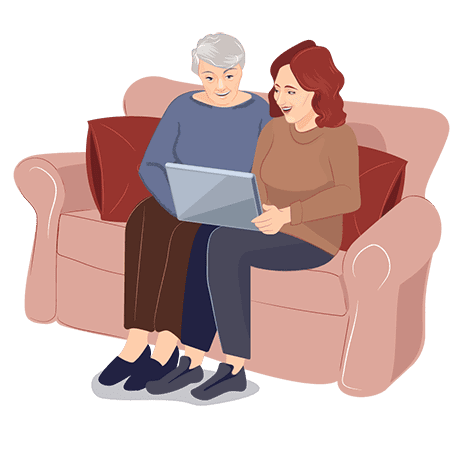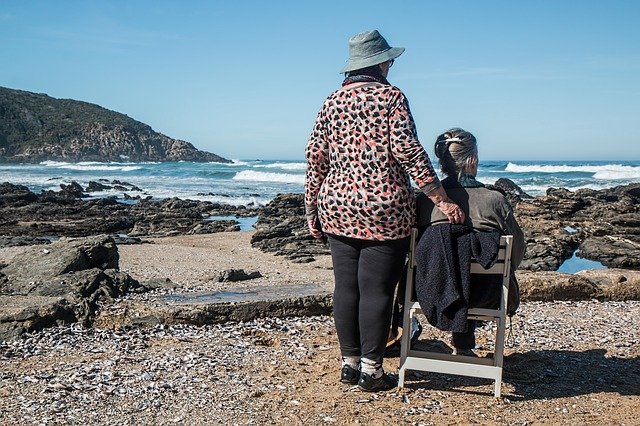
Atlas has partnered with AARP in order to offer resources to caregiving citizens. These resources are not always easily accessible or available to all communities. As a result, the work done in Santa Barbara may not be utilized if local residents are unaware of the resources available. And how can we increase awareness? How can we make it easier for people to access caregiving resources? This article can be shared to help more people take advantage of it.
Family caregivers often struggle to provide quality family care while also trying to balance work and familial responsibilities.
Families care for patients in our society. Even though this type of care is essential, society fails to acknowledge the value of family caregivers and to support them appropriately. Nursing interventions are important as they can recognize caregivers' efforts, give concrete instructions for specific care tasks, refer them to ongoing support, and even refer them to other services. Nursing interventions can be beneficial for caregivers and patients.
There are many reasons family caregivers have difficulty providing quality care while also managing the demands of family responsibilities and work. One reason is that many family caregivers don't get paid, and may need to be trained as volunteers. Family caregivers will be better able to protect their loved ones and themselves by addressing these issues. They may need to hire a professional to help them manage their caregiving.

Financial sacrifice is one of the biggest challenges
Recent research by the AARP on caregiver costs revealed that almost eight in ten caregivers are subject to regular out-of pocket expenses. Hispanic/Latino caregivers (and African American caregivers) are the most vulnerable to high-out-of-pocket cost. The group is launching a national campaign in response to these findings. The cost of caregiving is so high that medical expenses account for nearly 17 percent of all caregivers' spending.
Unpaid leave can be a great way of providing for your family. However, it can also make it difficult to manage work and caring for your loved ones. Many caregivers are forced into lower-paying positions or to work in a less responsible job. In the process, they may sacrifice their immediate income as well as their long-term economic status. Many caregivers also lose access and savings for retirement. There are many solutions to ease the financial burden that comes with caring for someone else.
Help is available from the following resources
Caregiving is a huge responsibility and presents an array of challenges. Finding resources, finding long-term care and meeting medical needs are just a few of these issues. From support groups and agencies, to informational websites and organizations, there are many resources that caregivers can access. AARP offers information and resources on caregivers. They also offer legal checklists, caregiver support groups, caregiver guides and other free resources. Caregivers can also get one-on-one support and resources to help them cope with the responsibilities of caregiving.
The AARP provides many resources for caregivers. Their online resource directory contains helpful tools and websites. The AARP Family Caregiving site provides valuable information for caregivers about finances and how to balance life. The AARP family support hotline connects caregivers to local resources. All AARP members have free access to this service.

Veteran caregivers are faced with unique challenges
Veteran caregiver support services can ease some of the stress associated with the caring role. For many families, the role of caring for a loved one is a defining moment in their life. Whatever the care required, veterans often go along a spouse/family member to help them. According to RAND Corporation (a nonprofit that analyzes data about the United States Armed Forces), military veteran caregivers face unique problems.
Many military caregivers experience higher levels of distress that other caregivers. Nearly 40% of post-9/11 caregivers are diagnosed with major depression. Only 34% of them receive treatment. They report financial and physical strain that can interfere with their lives. There is increasing awareness about military caregivers, and caregiving support. This growing community offers caregiver support and programs to make caring for a loved one easier.